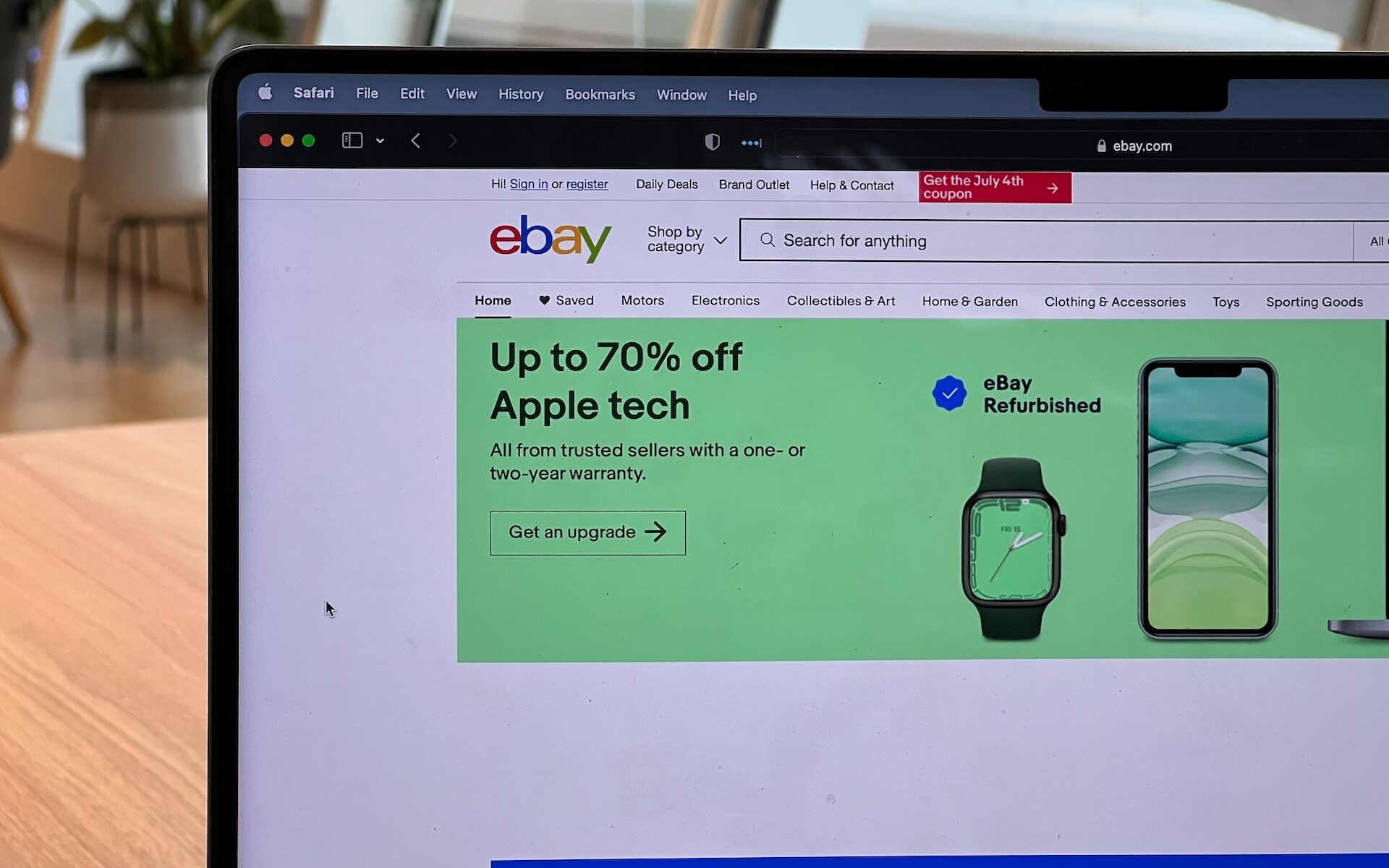- Multilogin is a powerful software that enables you to create and manage multiple online identities with different browser fingerprints. It is an essential tool for various online activities that require you to switch between different accounts or locations, such as online marketing, web scraping, e-commerce, and more.
While there is no data on the company’s website about the number of customers and subscribers, we consider this anti-detect browser a leading one. You can subscribe to three plans:
- “Starter” at 19 EUR per month (billed annually)
- “Solo” at 59 EUR per month (billed annually)
- “Team” at 119 EUR per month (billed annually)
- You can get a custom offer in case of bigger needs.
However, if you want to get the best results from Multilogin, you need to pair it with residential or mobile proxies. Quick Proxy is a leading provider of residential and mobile proxies that gives you access to over 9 million IPs in 195 countries. It offers flexible and affordable pricing plans, unlimited threads, and seamless integration with Multilogin.
One of the benefits of Quick Proxy is that it supports both HTTP and SOCKS5 protocols. This gives you the option to choose the protocol that suits your needs and preferences. HTTP proxies are faster and more compatible with most websites, while SOCKS5 proxies are more secure and versatile.
In this tutorial, we will guide you through the steps of using Multilogin with Quick Proxy in a simple and easy way.
Step 1: Create an Account and Buy a Plan
The first step is to create an account and buy a plan from Quick Proxy. You will need to provide some basic information, such as your name, email, and payment method. You will also need to choose a plan that matches your traffic and location needs.
For example, you can buy a plan from $11 per GB for residential bandwidth. You can also choose between geo-targeting (country/region/city/ISP level) or random (worldwide) proxies.
Step 2: Generate Your Proxy Credentials
After buying a plan, you will need to generate your proxy credentials. These are the username and password that you will use to authenticate your proxy connection. You can find them in your dashboard or account settings.
For example, you can generate your proxy credentials by selecting Country/Region or ISP in your dashboard.
Step 3: Configure Your Multilogin Profile
The next step is to configure your Multilogin profile with your proxy credentials. You will need to create a new profile or edit an existing one in Multilogin. You can choose between different browsers, such as Mimic (Chromium-based) or Stealthfox (Firefox-based).
To configure your proxy settings, you will need to go to the “Proxy” tab of your profile settings. You will need to enter the following information:
- Proxy type: Choose “HTTP” or “SOCKS5” depending on your provider’s protocol.
- Proxy host: Enter the proxy host or domain name provided by your provider.
- Proxy port: Enter the proxy port number provided by your provider.
- Username: Enter the username generated by your provider.
- Password: Enter the password generated by your provider.
You can also enable or disable the “Use proxy for DNS resolution” option depending on your needs.
For example, if you choose HTTP protocol, you can configure your proxy settings as follows:
- Proxy type: HTTP or SOCKS5
- Proxy host: 123.123.1.2
- Proxy port: 9000
- Username: Your username
- Password: Your password
- Use proxy for DNS resolution: Enabled
Step 4: Launch Your Multilogin Profile
The final step is to launch your Multilogin profile and start browsing the web with a different identity and location. You can verify your proxy connection by visiting websites like whatismyip.com or iplocation.net.
You can also switch between different profiles and proxies by using the “Switch Profile” button.
Using Multilogin with Quick Proxy is a smart way to enhance your online privacy and security. By following this tutorial, you can easily set up your Multilogin profile with Quick Proxy proxies and enjoy browsing the web with multiple identities and locations.
We hope you found this tutorial helpful and informative. If you have any questions or feedback, please feel free to contact us at [email protected] or [email protected]. We would love to hear from you!
Why Use Multilogin with Quick Proxy?
You may be wondering why you should use Multilogin with Quickproxy instead of other solutions. Here are some of the reasons why Multilogin and Quickproxy are a perfect match for each other:
- Quality: Both Multilogin and Quickproxy offer high-quality products that deliver excellent performance and reliability. Multilogin provides advanced browser fingerprinting technology that mimics real browsers and devices, while Quickproxy provides residential and mobile proxies that are sourced from real users and ISPs. Together, they create a powerful combination that can bypass most anti-bot and anti-fraud measures.
- Flexibility: Both Multilogin and Quickproxy offer flexible options that allow you to customize your online identity and location according to your needs. Multilogin lets you choose between different browsers, operating systems, screen resolutions, languages, and more, while Quickproxy lets you choose between different countries, regions, cities, ISPs, and more. You can also switch between different profiles and proxies with ease.
- Affordability: Both Multilogin and Quickproxy offer affordable pricing plans that suit different budgets and use cases. Multilogin offers a free plan for up to 10 profiles and a paid plan starting from $99 per month for unlimited profiles. Quickproxy offers a pay-as-you-go plan starting from $15 per GB for residential bandwidth. You can also get discounts for larger volumes and longer commitments.
- Integration: Both Multilogin and Quickproxy offer easy integration with each other and with other tools and platforms. Multilogin supports HTTP and SOCKS5 protocols, which are compatible with most proxy providers, including Quickproxy. Quickproxy supports various integrations, such as web browsers, automation tools, scraping tools, VPNs, and more. You can also use their APIs to automate your proxy management.
These are some of the reasons why using Multilogin with Quickproxy is a smart choice for your online activities. By using these two tools together, you can create multiple online identities and locations that are realistic, reliable, and secure. You can also save time, money, and hassle by using their user-friendly interfaces and features.
Tips and Tricks for Using Multilogin with Quickproxy
To help you get the most out of using Multilogin with Quickproxy, here are some tips and tricks that you can follow:
– Use the right protocol: Depending on your needs and preferences, you can choose between HTTP or SOCKS5 protocol for your proxy connection. HTTP proxies are faster and more compatible with most websites, but they may leak some information about your original IP address. SOCKS5 proxies are more secure and versatile, but they may be slower or less compatible with some websites. You can test both protocols and see which one works better for you.
– Use the right location: Depending on your goals and targets, you can choose between geo-targeting or random proxies for your location. Geo-targeting proxies allow you to select a specific country, region, city, or ISP for your proxy location. This can help you access geo-restricted content or target a specific audience or market. Random proxies allow you to get a random IP address from anywhere in the world. This can help you avoid detection or suspicion by websites or competitors.
– Use the right bandwidth: Depending on your traffic and usage, you can choose between residential or mobile bandwidth for your proxy connection. Residential bandwidth comes from real home users who share their IP addresses with Quickproxy. Mobile bandwidth comes from real mobile devices that connect to cellular networks. Residential bandwidth is cheaper and more stable than mobile bandwidth, but it may have lower speed or availability than mobile bandwidth. Mobile bandwidth is more expensive and dynamic than residential bandwidth, but it may have higher speed or availability than residential bandwidth.
– Use the right settings: Depending on your needs and preferences, you can adjust various settings in your Multilogin profile to optimize your online identity and experience. For example, you can enable or disable the “Use proxy for DNS resolution” option to improve your privacy or performance. You can also enable or disable the “WebRTC” option to prevent WebRTC leaks or enable WebRTC features. You can also change other settings, such as cookies, local storage, canvas fingerprinting, WebGL fingerprinting, etc.
– Use the right tools: Depending on your needs and preferences, you can use various tools and platforms that integrate with Multilogin and Quickproxy to enhance your online activities. For example, you can use web browsers such as Chrome or Firefox to browse the web with different identities and locations. You can also use automation tools such as Selenium or Puppeteer to automate your browsing tasks with different identities and locations. You can also use scraping tools such as Scrapy or BeautifulSoup to scrape data from websites with different identities and locations.
These are some of the tips and tricks that you can use to improve your experience of using Multilogin with Quick Proxy.







